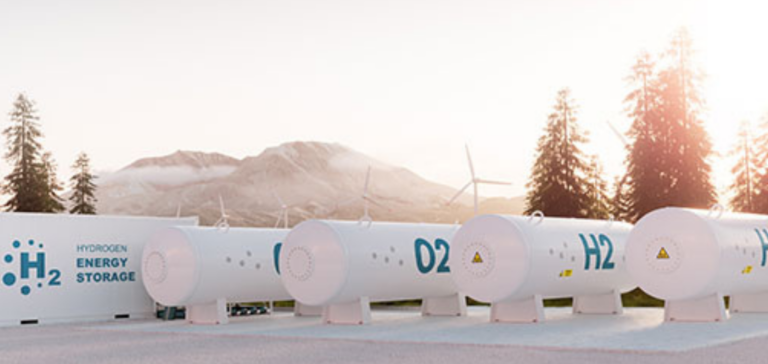White hydrogen, or natural hydrogen, represents a major turning point in the quest for sustainable energy. This gas, naturally present in the earth’s crust, offers a primary energy source with zero carbon emissions. Its discovery opens up promising prospects for the world’s energy future, particularly in the current context where the reduction of greenhouse gas emissions is crucial.
Immense decarbonization potential
The main attraction of white hydrogen lies in its decarbonizing potential. Unlike hydrogen produced by conventional methods, which often requires fossil fuels, white hydrogen eliminates this need, promising a significant reduction in costs and emissions. However, this technology, while promising, is still in its infancy and requires significant development to become viable on a large scale.
International Advances in the Exploitation of Natural Hydrogen
Natural hydrogen exploration projects are underway in several countries, including France, the United States and Australia. For example, H2SITE recently collaborated with Gold Hydrogen to develop a pilot plant on Australia’s Yorke Peninsula. This initiative uses advanced membrane separation technology to efficiently extract hydrogen, while recovering valuable co-products such as helium.
Although the Yorke Peninsula project represents a significant step forward, the road to widespread use of natural hydrogen is strewn with obstacles. Challenges include developing appropriate technologies, building infrastructure and creating viable markets for natural hydrogen. Despite these challenges, industry players such as H2SITE remain optimistic about the future of this revolutionary energy source.
Thanks to its unique properties and decarbonizing potential, white hydrogen represents a major step towards a sustainable energy future. Current initiatives in various parts of the world illustrate the growing commitment to this technology. Although challenges remain, the potential impact of natural hydrogen on reducing carbon emissions is undeniable.






















